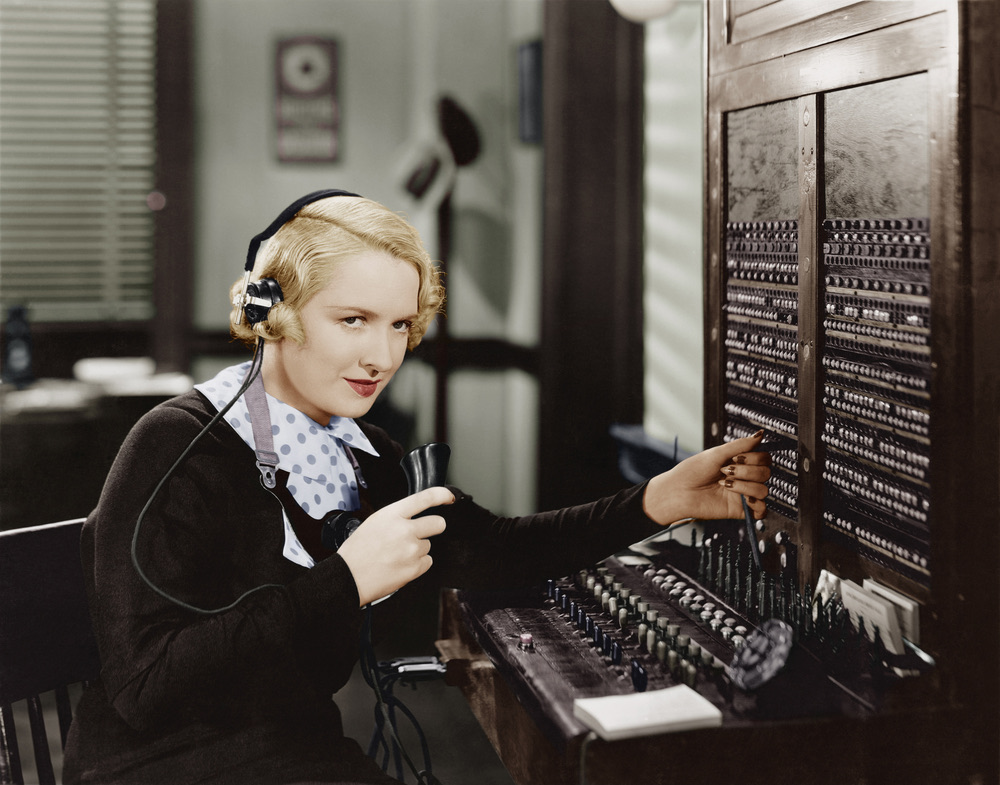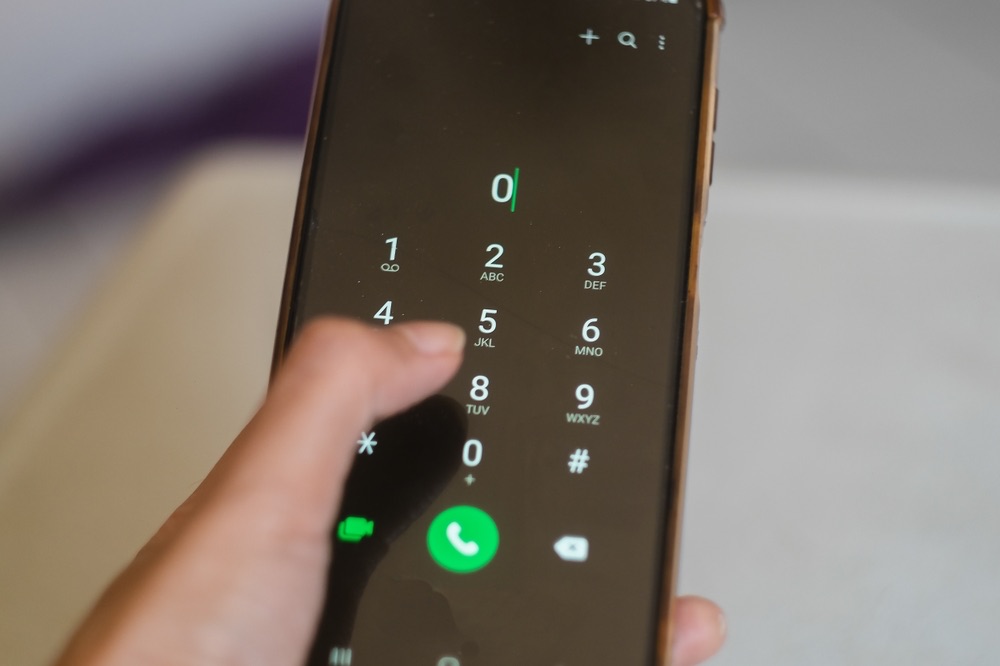Mobile phones are an everyday aspect of our lives in the modern era. They go everywhere with us – work, bed, restaurants, and even the bathroom! But it wasn’t always like this. You couldn’t always reach friends and family in seconds via text messages, voice notes or phone calls.
Phone calls and phone numbers have been around in the UK for as long as anybody can remember, but where did it all start? What is the history of telephone numbers? Did we always have an area code? Find out everything by reading this guide put together by the experts at The Answering Service.
When were phone numbers introduced in the United Kingdom?
After the telephone was invented by Alexander Graham Bell in 1876, the UK’s first telephone exchanges occurred three years later between London and Manchester.
The telephone service was then set up, with telephone exchanges established in different major cities around the UK, including Liverpool, Bristol, Birmingham, Sheffield, Edinburgh, and Glasgow.
The telephone network relied on switchboards managed by a manual telephone exchange operator team. Known as ‘hello girls’ at the time, they physically connected phone calls, but by 1960, London had adopted automatic switchboards.

By the mid-20th century, the telephone service was more widespread throughout the UK, but still not as common as it is today, so phone numbers were easier to remember. As a result, UK geographic area codes were set up with letters at the start of each phone number.
For example, if you were calling somebody in Deansgate in Manchester, the phone number would begin with DEA and be followed by a four-digit code.
An old telephone dial had letters that corresponded to each number, so users would choose the correct letters by dialling the corresponding number.
These are known as STD codes (Subscriber Trunk Dialling) – or Direct Distance Dialling (DDD) in North America.
When were letters abandoned in the area code?
The letter area code was abandoned in the 1960s in the UK and was replaced by all-digit phone numbers. As the population increased and more areas required a telephone line, plenty of issues occurred:
- International phone calls and long-distance calls required all-digit numbers.
- UK areas were running out of letter codes, making it difficult to dial a telephone number directly.
- The increase in telephones that didn’t possess letters.
Local calls were revolutionised by being converted into a five or six-digit figure. In many cases, the initial digits of the new phone numbers were formed from the digits at the end of the previous STD code.
Modern-day STD codes now start with either 01 or 02, followed by a specific set of numbers. For example, London phone numbers begin with 02.
What are the different types of telephone numbers?
Of course, there are plenty of different types of phone numbers in the UK. We’re here to go through them with you.
Freephone numbers
While the UK has specific area codes for each physical location, there are also freephone numbers that begin with 0800 or 0808.
Phone numbers that begin with either of these codes give businesses a national presence rather than a local number.
This makes customers more likely to call, knowing they won’t be charged for contacting them, helping to improve sales.
A freephone number also offers customers confidence that they can take their time on the phone, and the conversation doesn’t need to be rushed.
Service charge numbers
Service numbers begin with 084 or 087 and are used by companies as telephone lines for sales or helplines.
The cost to call one of these numbers is made up of two parts: a service charge set by the organisation being called and an access charge to the caller’s phone company.
The cost of calls to 084 phone numbers is up to 7p per minute, while 087 calls can be charged up to 13p per minute. This must be displayed whenever the phone number is promoted to customers.
Premium rate numbers
Premium rate phone numbers start with the prefixes 09, 118, 0871, 0872 and 0873, and they can cost up to £3.60 per minute.
These phone numbers can generate outstanding revenue for businesses, and they’re often used for adult entertainment, competition phone lines, voting lines and information lines.
Can you get a freephone number for your business?
Yes, and it’s fairly easy to do so! In some ways, it’s just like signing up for a smartphone contract with a mobile service provider, but instead of purchasing a phone, you’re buying a phone number.
It’s important to do your research, though, and find a reputable company that can provide the service you require at a price that you see fit.
You can choose an 0800 number that suits your business and pay for the line rental monthly.
While some 0800 numbers can cost you a tad more than you’d prefer, as you must also pay for each minute you receive calls from customers and clients, a 03 phone number may offer a better solution for you.
Professional telephone answering service for your business
When it comes to answering phones, we’re the best. At The Answering Service, we know everything there is to know about telephones and providing first-class services to businesses just like yours.
Are you struggling to keep your productivity at high levels because the phone is always ringing? Are you having to prioritise completing certain tasks over helping customers or speaking to clients?
If so, we can help. At The Answering Service, we can handle all or as many incoming phone calls as you need us to, so you can focus on completing key business objectives.
Interested in finding out how we can help your business? Contact us today by calling 0333 5555 247.
